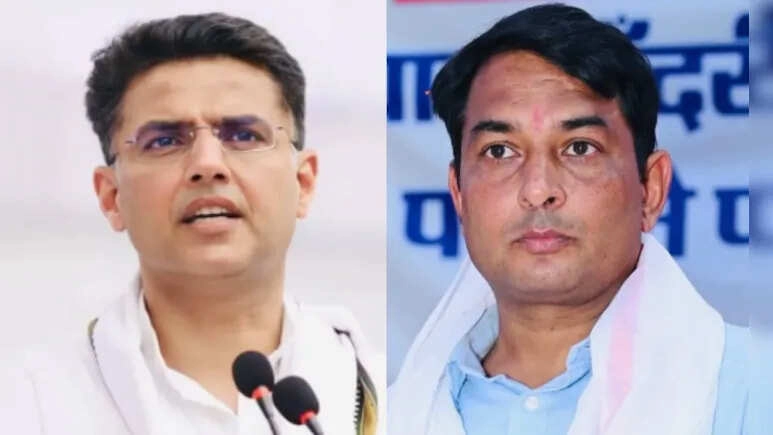The Bharatiya Janata Party (BJP) in Tripura faces a significant challenge from one of its key allies, as demands arise for a revision of the voter rolls in the state. This call for action underscores the increasing political complexities within the region, particularly ahead of upcoming elections. The ally’s concerns are rooted in the belief that an accurate and updated electoral roll is essential for ensuring fair representation and transparency in the democratic process. They argue that discrepancies in the voter lists could undermine the integrity of elections, potentially disenfranchising eligible voters while allowing ineligible individuals to participate.
The revision of voter rolls is not merely a bureaucratic exercise; it is a critical aspect of maintaining the health of democracy in Tripura. By addressing the inaccuracies and ensuring that the lists reflect the current demographics, the state can foster greater trust in the electoral process. The ally’s push for this revision highlights a broader issue of electoral integrity that resonates beyond Tripura, as it touches on national concerns regarding voter disenfranchisement and the importance of having a reliable electoral framework. The BJP, as the ruling party, must navigate this request carefully, balancing the demands of its coalition partner while ensuring that the party’s own electoral prospects are not compromised.
As the political landscape in Tripura evolves, the demand for a revision of voter rolls could lead to friction within the BJP-led coalition. This situation may compel party leaders to engage in negotiations that address their ally’s concerns while also safeguarding their electoral strategy. The outcomes of these discussions will be crucial not only for the immediate electoral climate but also for the long-term stability of the coalition. If handled effectively, this situation could strengthen the alliance by demonstrating responsiveness to legitimate concerns. However, failure to address these demands could result in further political fragmentation, potentially jeopardizing the BJP’s hold on power in Tripura.
Ultimately, the call for a revision of voter rolls is a reminder of the intricate dynamics of coalition politics in India, where the voices of allies must be harmonized with the aspirations of the electorate. As the situation unfolds, all eyes will be on how the BJP responds to this challenge, as it could set the stage for the future of governance and electoral integrity in Tripura. The implications of this demand extend beyond the immediate electoral context, offering valuable lessons on the necessity of maintaining robust and accurate voter lists in a functioning democracy.




